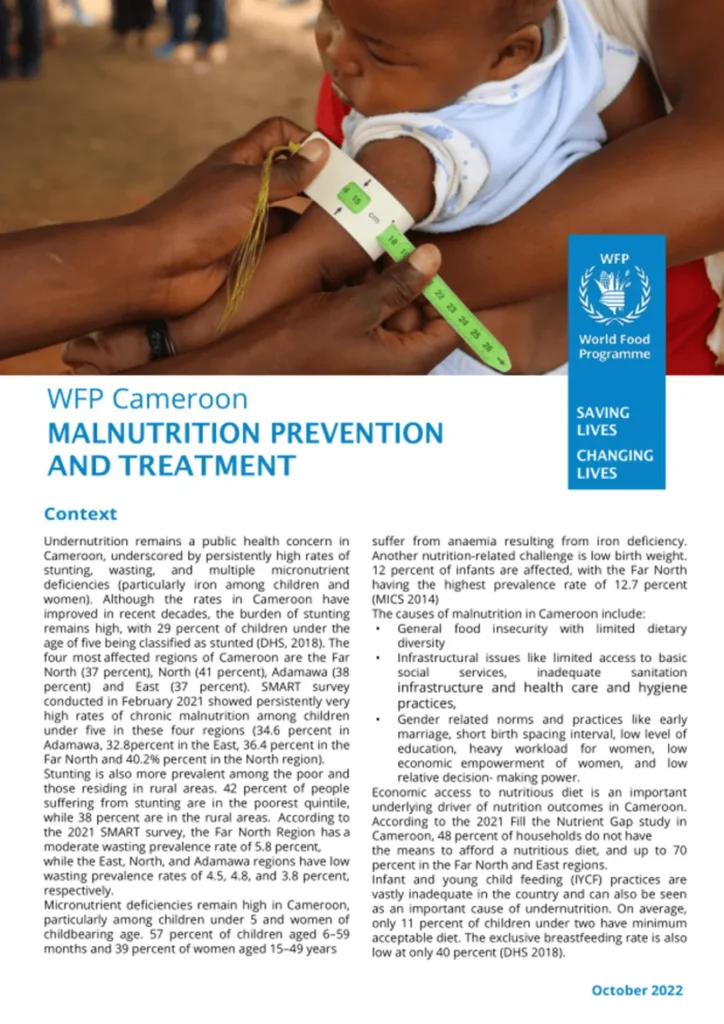In the heart of Cameroon, a groundbreaking study is shedding light on how integrated soil fertility management (ISFM) can significantly boost food security and nutrition, offering a promising path forward for sustainable agriculture intensification. The research, published in the journal *Food and Energy Security*, reveals that combining organic and mineral soil amendments can have a profound impact on household dietary diversity, ultimately enhancing food security.
The study, led by Boris D. Soh Wenda from the Leibniz Centre for Agricultural Landscape Research (ZALF) in Müncheberg, Germany, analyzed survey data from 768 farm households in Cameroon. The findings underscore the importance of ISFM, a practice that integrates both organic and mineral soil fertility amendments to combat land degradation and declining soil fertility.
“Our results indicate that the combined use of organic and mineral soil amendments has the greatest positive association with household dietary diversity,” Wenda explained. This integrated approach not only promotes a more diverse diet but also drives the consumption of key food groups such as meat, pulses and nuts, and roots and tubers.
The research employed advanced statistical methods, including multinomial endogenous switching regression and inverse probability weighted regression adjustment, to evaluate the individual and synergistic impacts of organic and mineral soil amendments. The findings reveal that mineral soil amendments are particularly effective in enhancing the consumption of meat, pulses and nuts, and roots and tubers, while organic soil amendments are associated with the consumption of most food groups except fruits and meat.
“Integrated soil fertility management is not just about improving soil health; it’s about enhancing food security and nutrition,” Wenda emphasized. The study highlights the value of ISFM in promoting the consumption of a wide range of food groups, including cereals, milk and dairy products, eggs, fruits, meat, pulses and nuts, and roots and tubers.
For the agriculture sector, these findings hold significant commercial implications. By adopting ISFM practices, farmers can improve soil fertility, increase crop yields, and enhance dietary diversity, ultimately contributing to food security and nutrition. This integrated approach offers a sustainable solution to the challenges of land degradation and declining soil fertility, paving the way for a more resilient and productive agricultural sector.
As the global community continues to grapple with the impacts of climate change and land degradation, the insights from this study provide a roadmap for sustainable agriculture intensification. By promoting ISFM practices, policymakers, agricultural practitioners, and stakeholders can work together to enhance food security and nutrition, ensuring a more sustainable future for all.
The research published in *Food and Energy Security* by Boris D. Soh Wenda and his team serves as a call to action, underscoring the need for evidence-based policymaking and interventions to promote integrated soil fertility management practices in agrarian settings. As the world seeks innovative solutions to the challenges of food security and nutrition, this study offers a beacon of hope, highlighting the transformative power of integrated soil fertility management.

